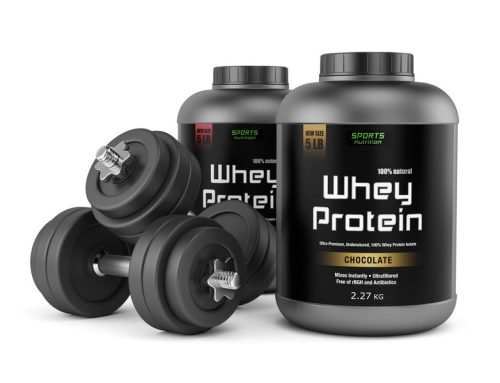Alcohol and health. Is alcohol good or bad for you? No doctor would advise drinking alcohol strictly for its health benefits. But moderate consumption — defined as no more than one drink per day for women and two for men — has been considered low risk, possibly even good for you.
Yet last year, the expert advisory committee for the 2020 Dietary Guidelines for Americans took a more cautionary position, recommending that the daily limit be lowered to one drink for men.
“We realized that the risks of alcohol have probably been underestimated,” says committee member Timothy Naimi, director of the Canadian Institute for Substance Use Research. “If you drink alcohol, less is better for your health than drinking more.”
That message is key now that alcohol consumption has risen during the pandemic.
- In a recent Consumer Reports nationally representative survey of more than 2,500 adults in the United States, 23 percent said they drank more after the coronavirus hit than before.
- But even before that, heavy drinking was on the rise among older adults. A 2019 study estimated that 11 percent of people 65 and older were binge drinkers (at least four drinks at one sitting for women, five for men).
- Loneliness, isolation and health concerns can increase stress, leading some to drink more now, says Shelly F. Greenfield, a professor of psychiatry at Harvard Medical School in Boston.
Although the final dietary guidelines don’t include the committee’s recommendation, experts are still divided on the role of alcohol in a healthy diet. Here’s what we know about alcohol and health.
Alcohol and Health
The question of whether drinking alcohol is beneficial is a controversial and complicated one, Naimi says.
Several studies have linked having a drink or two per day — one is equivalent to 12 ounces of beer, 5 ounces of wine, or 1.5 ounces of liquor — to certain health benefits.
- For instance, a 2020 study in the journal JAMA Network Open found that middle-aged and older adults who consumed low to moderate amounts of alcohol had better cognitive function than those who never drank.
- Another study, which involved 333,247 people and was published in the Journal of the American College of Cardiology, found that when compared with lifetime abstainers, light and moderate drinkers were 26 and 29 percent less likely to die of heart disease, respectively.
But while some have attributed that lower risk to factors like a boost in HDL (good) cholesterol associated with moderate drinking, those drinkers may simply have been healthier to begin with.
What’s clear is that the potential benefits of alcohol are outweighed by the harm of drinking too much. For instance, binge and heavy drinking can increase the risk for high blood pressure, stroke and congestive heart failure. Alcohol is also a proven cause of at least seven types of cancer, such as breast and liver cancer, says Marjorie McCullough, senior scientific director of epidemiology research at the American Cancer Society. For some cancers, any consumption is harmful. “The risk goes up with each drink,” she says.
For older adults, “the risks and unpleasant effects of alcohol get more pronounced,” Naimi says. Even modest drinking may increase feelings of fogginess or sleepiness, or increase the risk of falling. Plus, it can interfere with drugs for many conditions, such as sleep problems, anxiety and high blood pressure.
Click here to read more about alcohol and health.







